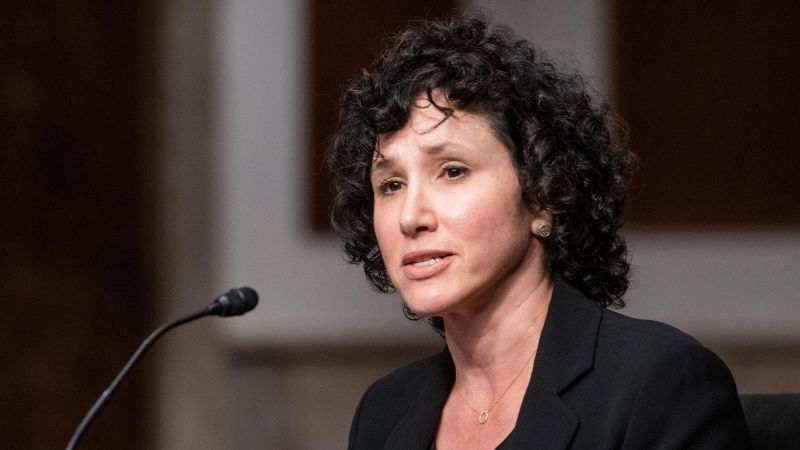
Federal judge blocks Trump’s executive order to end birthright citizenship
CNN
A second federal judge on Wednesday blocked President Donald Trump’s executive order that seeks to end birthright citizenship, saying it’s likely unconstitutional and “runs counter to our nation’s 250-year history of citizenship by birth.”
A second federal judge on Wednesday blocked President Donald Trump’s executive order that seeks to end birthright citizenship, saying it’s likely unconstitutional and “runs counter to our nation’s 250-year history of citizenship by birth.” The nationwide preliminary injunction from US District Judge Deborah Boardman is a significant ruling against Trump’s Day 1 order, which was swiftly met with legal challenges and put on hold days later by a separate judge. The order “conflicts with the plain language of the 14th Amendment, contradicts 125-year old binding Supreme Court precedent and runs counter to our nation’s 250-year history of citizenship by birth,” Boardman said during a hearing on Wednesday. “No court in the country has ever endorsed the president’s interpretation,” she said. “This court will not be the first.” The case at hand was brought in Maryland by five pregnant women whose babies could be impacted by Trump’s order and two immigrant-rights groups. Boardman, appointed by former President Joe Biden, said the injunction needed to apply nationwide in order to give the groups’ vast membership “complete relief.” “The government will not be harmed by a preliminary injunction that prevents it from enforcing an executive order likely to be found unconstitutional,” she said.













